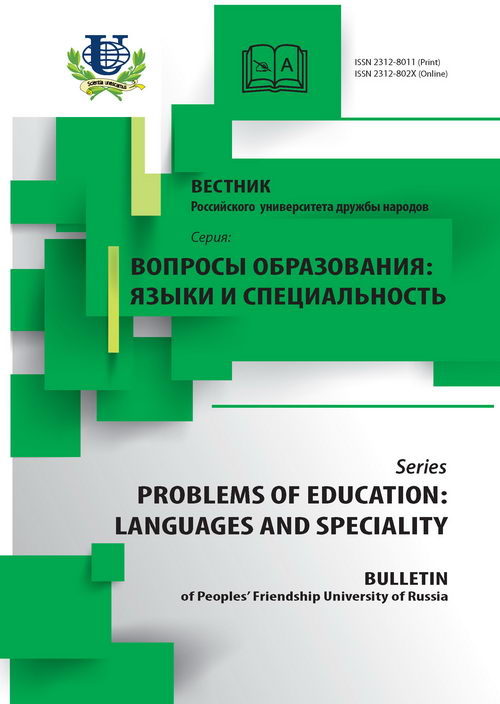BILINGUALISM AND MULTILINGUALISM AS UNIFYING PRINCIPLES OF DIFFERENT SOCIOCULTURAL COMMUNITIES OF THE NORTH CAUCASUS(in Kabardino-Balkarian Republic)
- Authors: Bashieva SK1, Dohova ZR1
-
Affiliations:
- Kabardino-Balkarian State University named after Kh.M. Berbekov
- Issue: No 5 (2015)
- Pages: 266-272
- Section: EDITORIAL
- URL: https://journals.rudn.ru/polylinguality/article/view/13040
- ID: 13040
Cite item
Full Text
Abstract
This article views the problems connected with bilingualism and multilingualism. They are relevant in the context of globalization, democratization and integration of modern society, development of intercultural communication, inter-ethnic relations. Bilingualism and multilingualism are considered as unifying principles of different sociocultural communities living under conditions of multi-ethnic space (in the Republic of Kabardino-Balkaria as in a territorial entity of the Russian Federation).The study concluded that different extralinguistic factors such as place of residence, sphere of communication, system of education and mass media have a great influence on the process of formation, development and origination of bilingual and multilingual linguistic identity which lives in multinational Kabardino-Balkarian Republic. There are relative bilinguals to a greater extent (according to the proficiency of two languages), and also persons possessing combined bilingualism (according to the degree of languages fusion); absolute bilinguals and autonomic bilingualism occur rarely in Kabardino- Balkaria.
About the authors
S K Bashieva
Kabardino-Balkarian State University named after Kh.M. Berbekov
Z R Dohova
Kabardino-Balkarian State University named after Kh.M. Berbekov
References
Supplementary files














